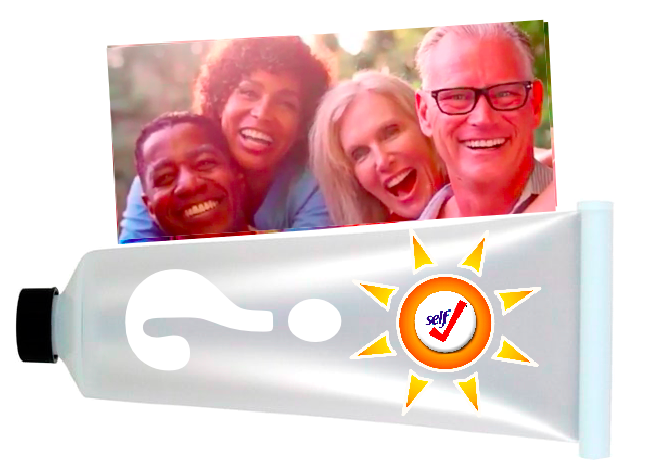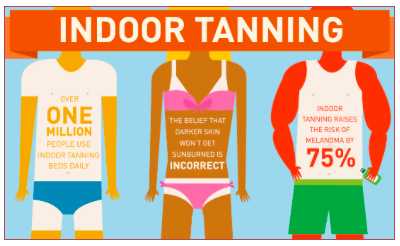The Best Sunscreen Ingredients
The Idea Behind Sunscreens Is To Put
A Shield Between Your Skin And The Sun
Some formulas contain chemicals that absorb rays while cause allergies. Better sunscreens combine several active chemical and physical sunscreen ingredients to give you broad-spectrum protection.
The Environmental Working Group (EWG), a watchdog agency, is helpful in determining which sunscreen ingredients may not be safe. Please click to read more.
A Heads-up About Application Of Sunscreen
- Don’t Use Aerosol Sprays. Though easy to apply, they may pose fire hazards and health risks from unintended inhalation. The FDA (U.S. Food and Drug Administration) is looking at both their effectiveness and their safety.
- Opt for lotions or pump bottles, a safer way to spray. If you have no other options available, apply spray sunscreen outside, keeping your eyes and mouth closed, and keep away from open flame and hot surfaces. Spray it on a hand to apply to your face. Another possible problem with a spray is that you might actually miss patches of skin.
- Stay away from wipes, powders and towelettes. The FDA is evaluating sunscreen wipes, powders and towelettes—none of which appear to have the effectiveness of regular products.
Resource: FDA
Learn More About What SPF And Broad Spectrum Mean













